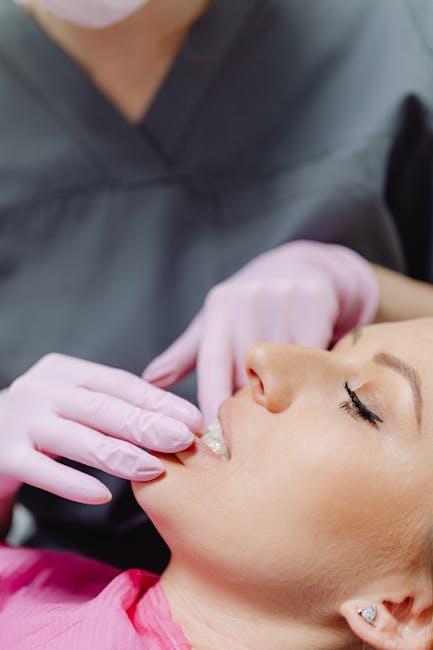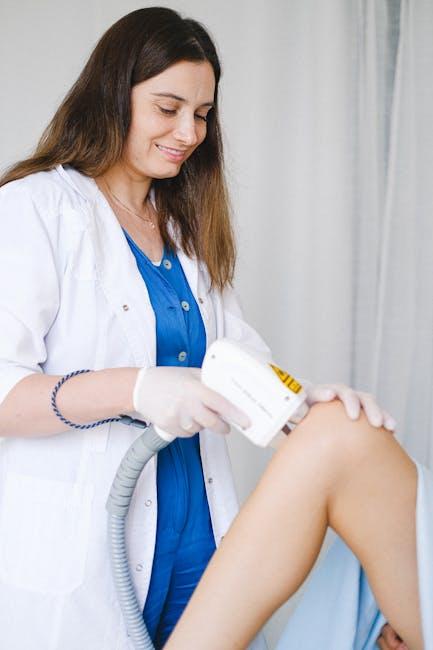
When to Make an Emergency Dental Visit – Health US News
Dental emergencies can strike unexpectedly and often cause severe pain or discomfort that demands immediate attention. Knowing when to make an emergency dental visit can save you from further complications and alleviate intense pain. In this article, Health US News provides a comprehensive guide to help you recognize dental emergencies, understand the urgency, and take the right steps to get prompt dental care.
What Qualifies as a Dental Emergency?
Not every toothache or dental issue requires an emergency visit, but some conditions are urgent and need immediate care. Here are common dental emergencies that warrant a quick trip to the dentist:
- Severe toothache causing intense, unrelenting pain.
- Knocked-out or lost tooth due to trauma or accident.
- Cracked, chipped, or broken tooth especially if causing pain.
- Abscess or infection with swelling, fever, or pus discharge.
- Lost dental filling or crown with pain or sensitivity.
- Injury to soft tissues such as lips, tongue, or gums that bleed profusely.
Recognizing the Signs: When to Seek Emergency Dental Care
Early recognition of symptoms can prevent worsening of dental conditions. Here’s a quick checklist to help you decide if your situation calls for an emergency dental visit:
| Symptom | Urgency Level | Recommended Action |
|---|---|---|
| Unbearable tooth pain lasting more than 24 hours | High | Visit emergency dentist immediately |
| Tooth knocked out due to injury | Critical | Go to dentist or ER immediately |
| Visible swelling around tooth or jaw | High | Seek prompt dental care |
| Bleeding gums that won’t stop | Moderate | Contact dentist urgently |
| Mild sensitivity to hot/cold | Low | Schedule regular dental appointment |
Common Causes of Dental Emergencies
Understanding the underlying causes can help you take preventive measures. The most frequent causes of dental emergencies include:
- Trauma or accidents: Sports injuries, falls, or car accidents leading to chipped, cracked, or lost teeth.
- Untreated tooth decay: Cavities that progress into tooth abscesses causing severe pain and infection.
- Poor dental hygiene: Contributes to gum disease and infections.
- Previous dental work failure: Broken fillings or crowns can cause discomfort and sensitivity.
Steps to Take Before and After an Emergency Dental Visit
Encountering a dental emergency can be stressful. Here are practical tips to help you manage the situation effectively and make the most of your emergency dental visit:
Before the Visit
- Call your dentist: Explain your symptoms to determine if emergency care is available.
- Manage pain: Use over-the-counter pain relievers like ibuprofen.
- Control bleeding: Apply gentle pressure with clean gauze.
- Preserve broken or knocked-out tooth: Rinse gently, avoid scrubbing, and keep it moist in milk or saline.
During the Visit
- Bring any broken tooth pieces or dental appliances with you.
- Provide your dentist with detailed information about how the injury or pain occurred.
- Follow professional advice and treatment plans immediately.
Aftercare Tips
- Maintain good oral hygiene but be gentle around treated areas.
- Avoid hard or chewy foods until fully healed.
- Watch for signs of infection like increasing pain, swelling, or fever.
- Attend follow-up visits as recommended.
Benefits of Timely Emergency Dental Visits
Seeking emergency dental care promptly offers several key benefits, including:
- Pain relief: Quickly eases severe discomfort.
- Prevention of complications: Stops infections from spreading.
- Tooth preservation: Increases the chances of saving damaged or knocked-out teeth.
- Improved outcomes: Faster treatment usually means better healing and fewer costly procedures later.
Case Study: A Knocked-Out Tooth Saved by Quick Action
Jane, a 28-year-old runner, suffered a fall during a marathon, resulting in a knocked-out front tooth. She immediately rinsed the tooth with water, placed it in a milk-filled container, and visited her dentist within 30 minutes. Thanks to this prompt action and emergency visit, the dentist was able to successfully reimplant and stabilize the tooth. Jane avoided permanent tooth loss and extensive restorative procedures.
When to Go to the Emergency Room Instead
In some cases, a dental issue may require emergency room attention rather than a dental office appointment. Consider visiting the ER if you experience:
- Severe facial trauma or jaw fractures.
- Uncontrolled bleeding from the mouth or jaw.
- Signs of a spreading infection causing difficulty breathing or swallowing.
- Loss of consciousness or head injury accompanying dental trauma.
Conclusion
Knowing when to make an emergency dental visit can protect your oral health and ease painful dental situations swiftly. If you experience severe pain, trauma, or signs of infection, do not delay contacting your dentist or seeking emergency care. Prompt treatment prevents complications, saves teeth, and restores your smile faster. Remember, staying informed and prepared can make all the difference during a dental emergency.
For more trusted advice and expert dental news, stay connected with Health US News.


